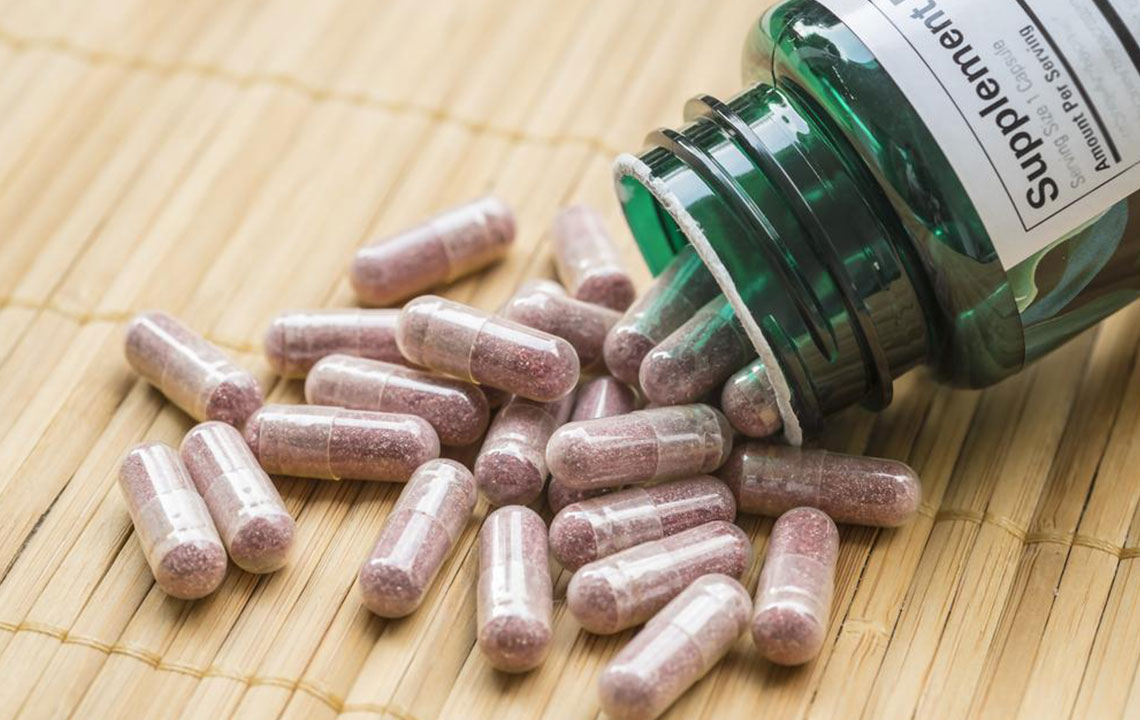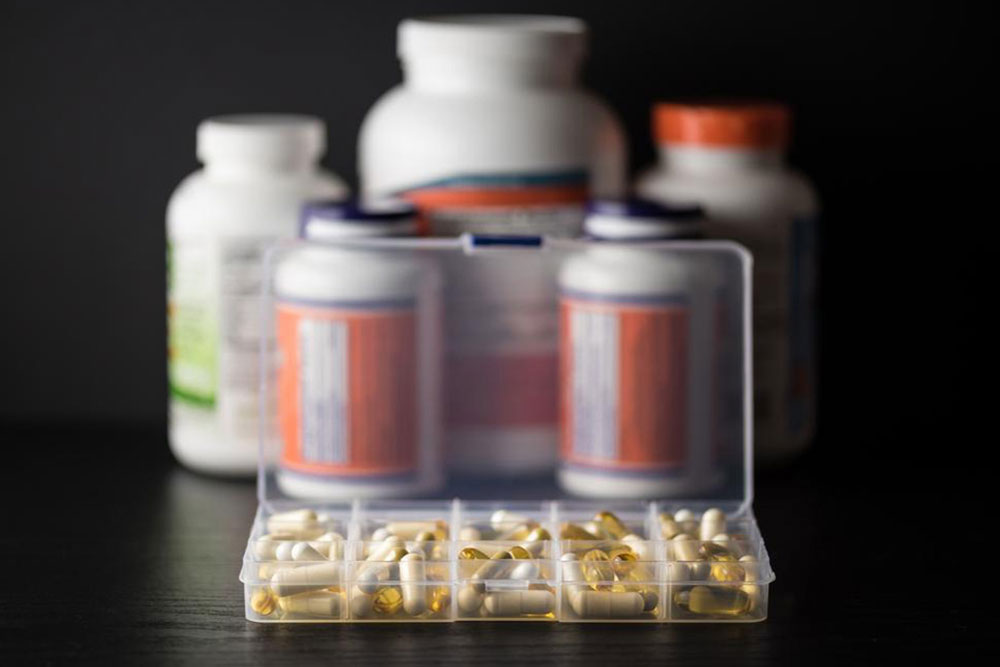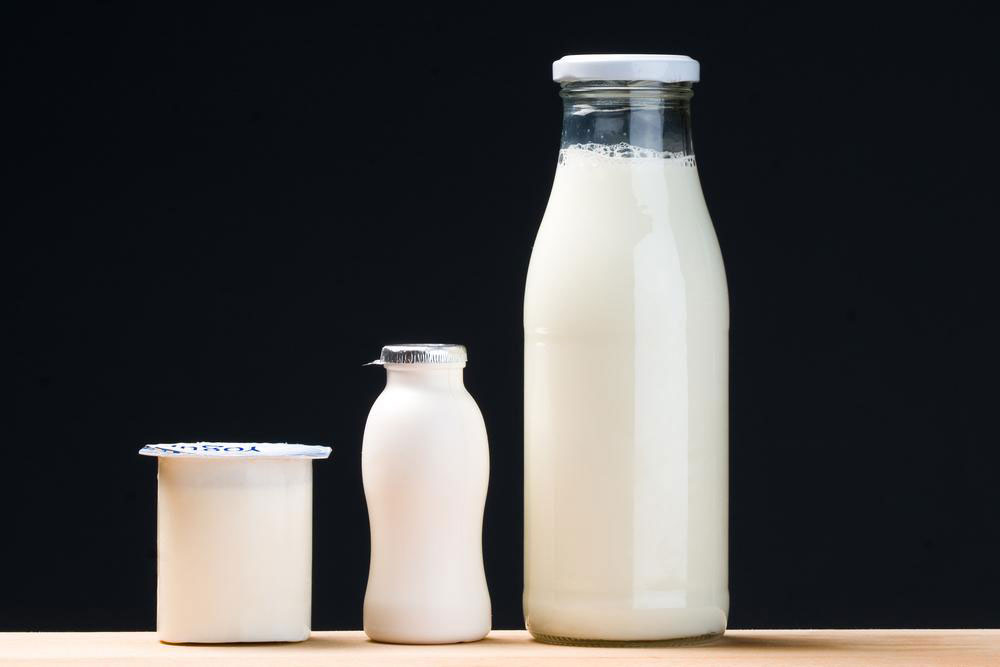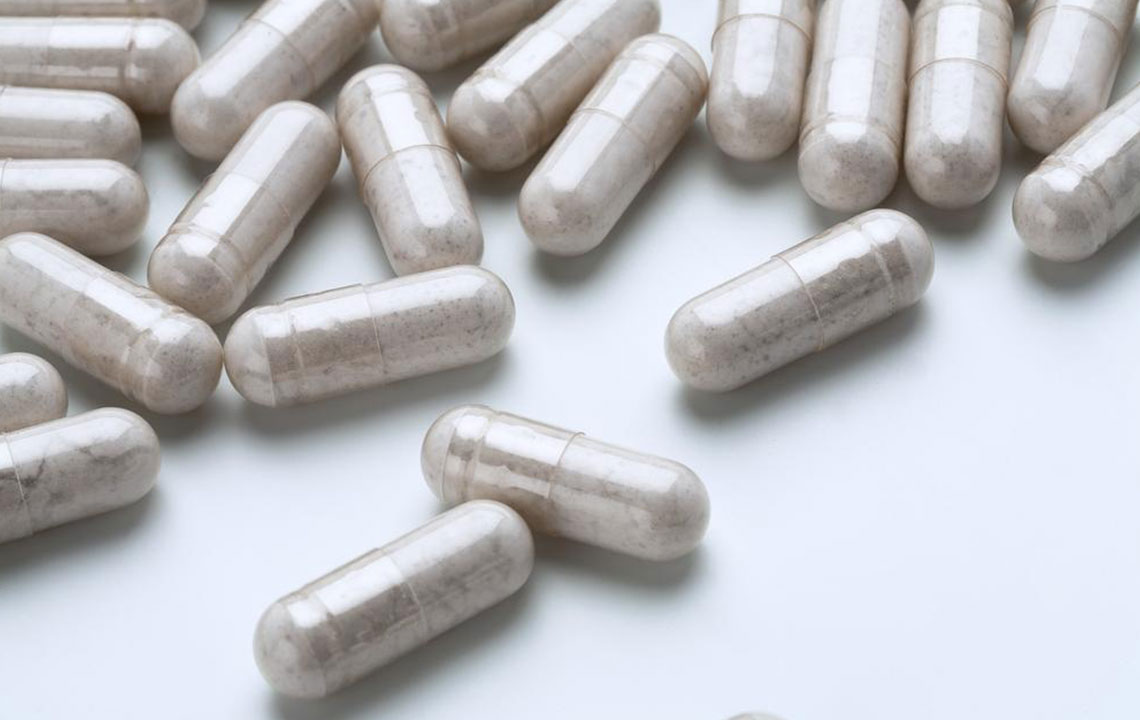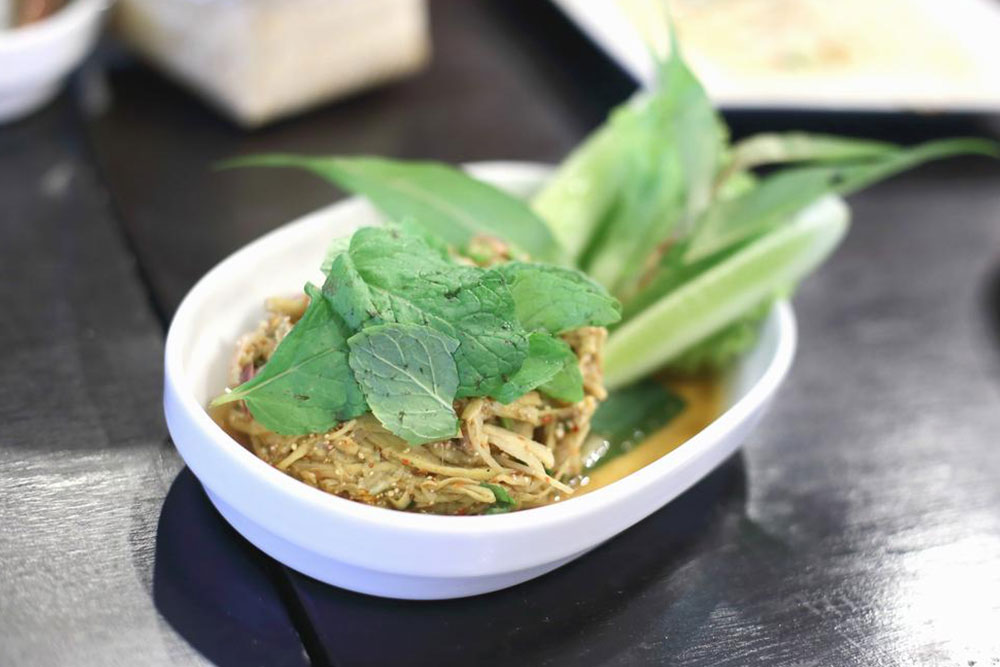Top 6 Easy DIY Probiotic Foods to Boost Your Gut Health Naturally
Discover six easy homemade probiotic foods that can naturally improve gut health, boost immunity, and promote digestive wellness. Learn step-by-step recipes for making probiotic lemonade, sauerkraut, fermented apples, vegan kefir, probiotic shakes, and kombucha right in your own kitchen. Incorporate these delicious, health-boosting foods into your daily routine for a healthier gut and overall well-being.
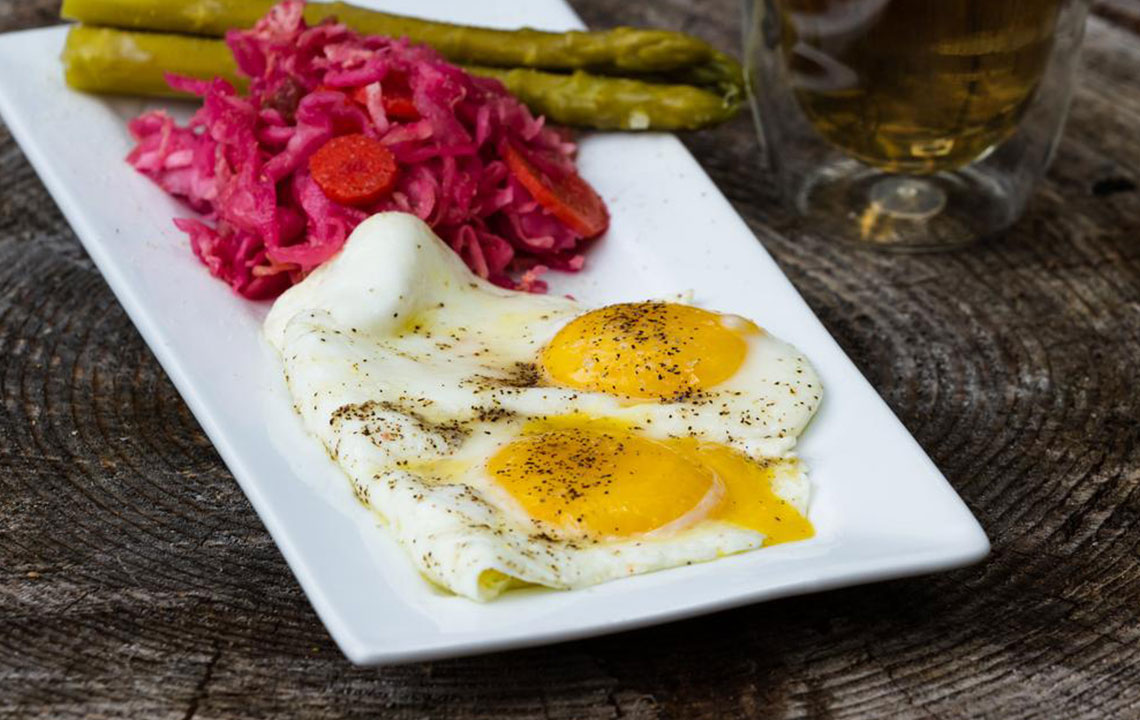
Did you realize that your digestive system hosts a diverse community of beneficial bacteria crucial to your overall health? These friendly microorganisms primarily reside in your gut and play a significant role in strengthening your immune defenses, balancing hormone levels, managing bowel movements, and aiding in efficient digestion. A healthy gut flora is also closely linked to improved mood, mental clarity, and stress resilience. However, various factors such as diet, stress, medications, and lifestyle choices can disrupt this delicate microbial balance.
Fortunately, incorporating probiotic-rich foods into your daily routine can help restore and maintain a healthy gut microbiome. Consuming these foods regularly offers multiple health benefits, from preventing common digestive issues to enhancing skin health and supporting immune function. This article will explore the importance of probiotics, their health benefits, and provide detailed instructions for making six delicious probiotic foods at home. Embrace these simple recipes to enrich your diet naturally and avoid dependence on artificial supplements.
The Significance of Probiotics in Your Diet
probiotics are live microorganisms that, when consumed in adequate amounts, confer health benefits to the host. These beneficial bacteria help maintain a balanced intestinal flora, which is essential for proper digestion, nutrient absorption, and protection against pathogenic microorganisms. A balanced gut flora fosters a robust immune system, reducing the likelihood of infections and autoimmune conditions.
Research has shown that a healthy gut microbiome influences mental health, with probiotics playing a role in reducing symptoms of anxiety and depression. Moreover, a harmonious microbial environment can help regulate hormones, improve skin conditions like eczema, and support weight management. An imbalance or deficiency of these microbes is linked to various health issues, including irritable bowel syndrome (IBS), diarrhea, constipation, allergies, and skin problems.
Benefits of Regular Consumption of Probiotic Foods
Including probiotic-rich foods in your diet offers a natural, tasty way to promote gut health. The benefits extend beyond digestion; they positively impact overall immunity, skin clarity, and metabolic health. For instance, probiotics can help lower bad LDL cholesterol levels, balance blood sugar, and support weight loss efforts.
Probiotic foods have been associated with the mitigation of allergic symptoms, reduction of inflammatory responses, and enhanced nutrient synthesis. Regular intake helps create a resilient gut microbiome capable of withstanding the impacts of antibiotics, stress, and poor dietary choices. Furthermore, these foods support a healthy aging process by maintaining cellular health and reducing inflammation.
Six Homemade Probiotic Foods You Can Prepare at Home
Most probiotic foods can be conveniently made in your kitchen with minimal equipment, allowing you to tailor flavors and ingredients according to your preferences. Here are six easy-to-make probiotic foods that can seamlessly integrate into your daily routine, promoting better gut health naturally:
Homemade Probiotic Lemonade
Transform your beverage habit with probiotic lemonade. Dissolve ¾ cup of sugar in hot water, then add freshly squeezed juice from 10 lemons along with about 3 quarts of filtered water. Stir well and cover the mixture to ferment at room temperature for 2-3 days. During fermentation, beneficial bacteria develop, giving the drink a tangy flavor. Once fermentation is complete, stir in a cup of whey to boost probiotic content, then refrigerate. This refreshing, probiotic-rich lemonade is perfect for daily hydration and gut health enhancement.
Fermented Cabbage (Sauerkraut)
Prepare traditional sauerkraut by thinly slicing fresh cabbage and mixing it thoroughly with sea or kosher salt. Massage the salt into the cabbage to soften it and release natural juices. Let the mixture sit for an hour, stirring occasionally, to enhance fermentation readiness. Transfer the mixture into glass mason jars, pressing it down firmly to eliminate air pockets and ensure submersion in its own brine. Cover loosely and allow the jars to ferment at room temperature for 2-3 weeks, periodically 'burping' the jars to release gases. The end product is a tangy, probiotic-rich condiment that can be added to meals or enjoyed as a side dish.
Fermented Apples with Berries and Spices
Combine sliced apples with berries, dried fruits, herbs like cinnamon or citrus peels, salt, and a starter culture—either from a previous batch or store-bought. Place this mixture into a clean glass jar, then cover completely with filtered water. Allow it to ferment in a dark, cool place for 24-48 hours, checking periodically. The fermentation results in a mildly tangy, slightly effervescent fruit mixture rich in probiotics and natural flavors, making it a delicious way to incorporate beneficial bacteria into your diet.
Vegan Almond Milk Kefir
Soak one cup of raw almonds overnight to soften. Drain and blend the almonds with two liters of filtered water until smooth. Strain the mixture through cheesecloth or a fine sieve to extract almond milk. To ferment, mix four cups of the almond milk with probiotic capsules or previous fermented kefir, then let it sit at room temperature for about 12 hours. This process cultures the almond milk, creating a dairy-free kefir packed with probiotics, ideal for vegans or those lactose intolerant. Enjoy it as a stand-alone beverage or incorporate into smoothies.
Probiotic Protein Shake
Create a nutritious probiotic shake by blending your favorite fruits such as berries or bananas with probiotic-rich ingredients like yogurt, coconut kefir, or almond milk. Add a touch of honey for sweetness, vanilla protein powder, chia seeds, and a splash of coconut cream. Blend thoroughly until smooth. This protein-packed shake serves as an excellent breakfast or post-workout snack, providing your body with beneficial bacteria to support digestion, immunity, and energy levels.
Kombucha
This effervescent fermented tea is renowned for its tangy flavor and probiotic content. Brew black, green, or oolong tea using organic cane sugar, then add a SCOBY (Symbiotic Culture Of Bacteria and Yeasts) or commercially available unpasteurized kombucha. Cover the mixture with a cloth and ferment it at room temperature for 7-14 days. During fermentation, beneficial bacteria and yeasts develop, creating a lively, probiotic beverage. Flavor it with natural ingredients like ginger, grapefruit, or herbs before bottling. Homemade kombucha is a versatile, flavorful way to boost your probiotic intake naturally.
By preparing these probiotic foods at home, you can enjoy the health benefits of a balanced gut microbiome without relying solely on supplements or processed foods. The key is consistency and experimenting with flavors to find your favorites. Incorporating these foods into your daily diet can lead to improved digestion, enhanced immunity, healthier skin, and a more resilient overall health profile. Start experimenting today and take a natural step towards better digestive health!
